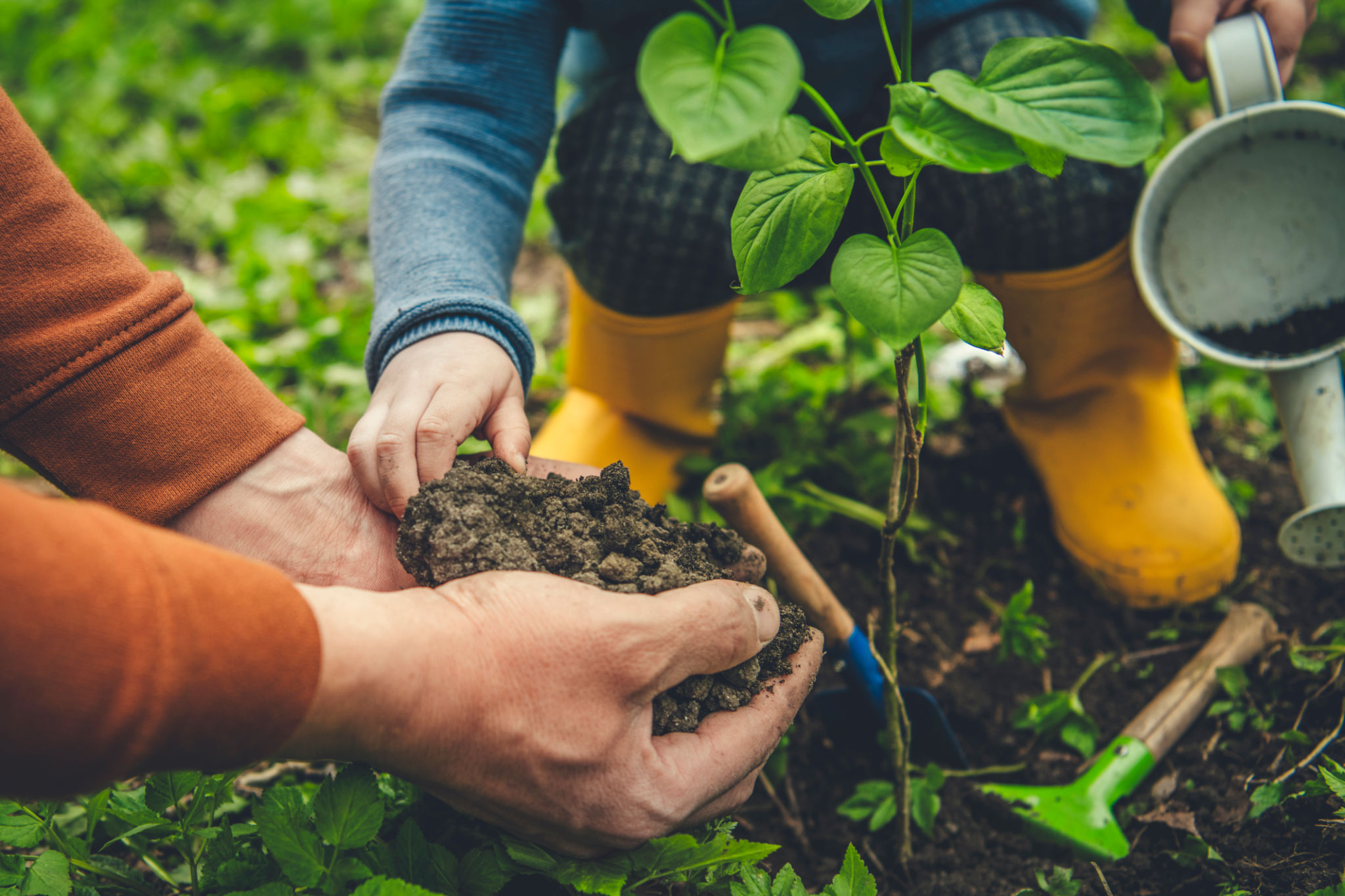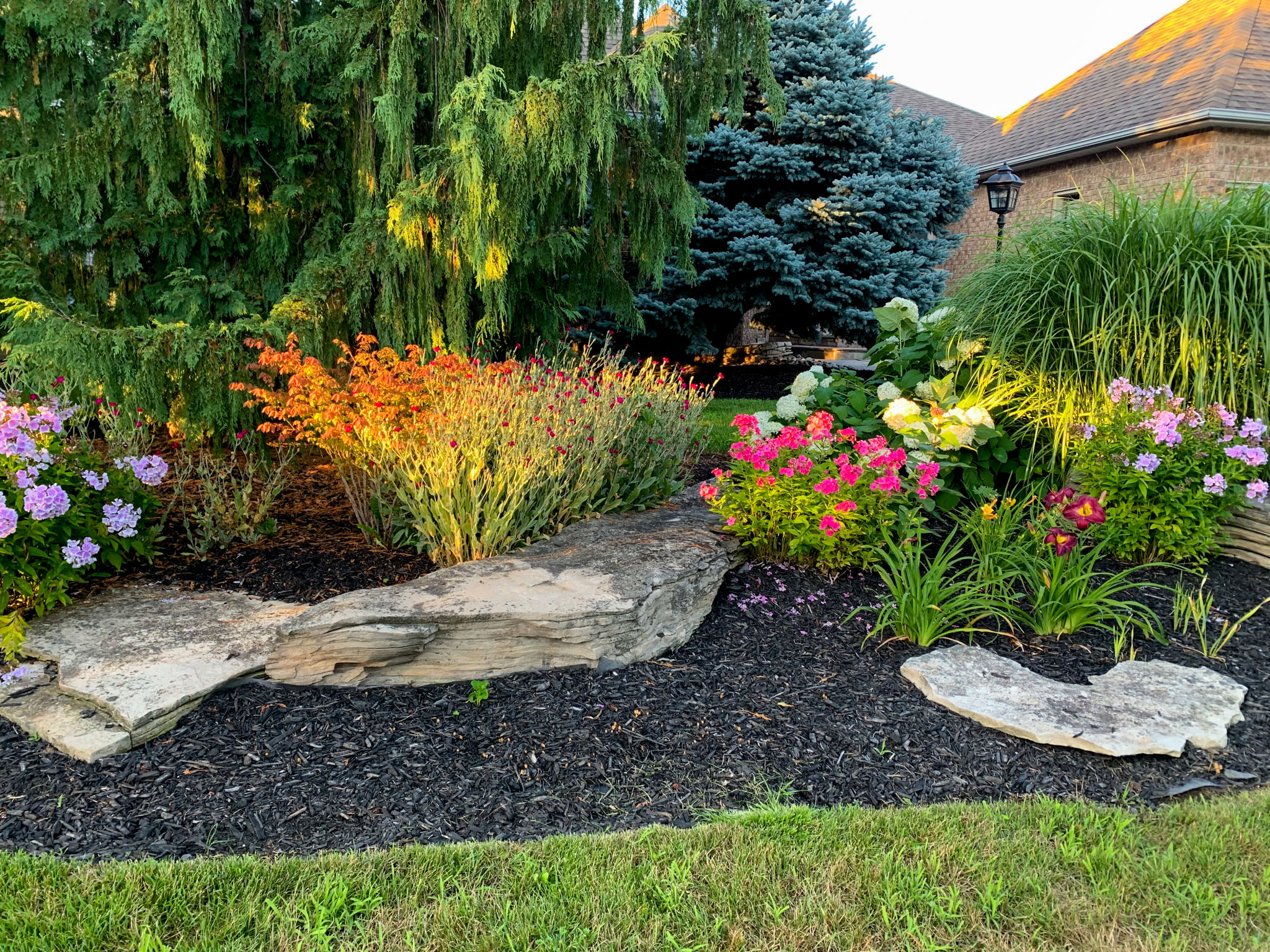The Benefits of Having an Edible Garden at Home
Introduction to Edible Gardens
In recent years, the concept of having an edible garden at home has gained popularity among homeowners and gardening enthusiasts. An edible garden is not just a source of fresh produce but also an opportunity to embrace a healthier lifestyle and enjoy numerous other benefits.

Health Benefits of Growing Your Own Food
One of the most significant advantages of having an edible garden is the impact it has on your health. By growing your own fruits, vegetables, and herbs, you have access to fresh and organic produce that is free from harmful pesticides and chemicals. Consuming such produce can lead to better overall health and well-being.
Moreover, gardening itself is a form of physical exercise. Activities such as planting, weeding, and harvesting help to improve cardiovascular health, increase flexibility, and reduce stress levels. As a bonus, spending time outdoors in your garden can boost your vitamin D levels.
Environmental Benefits
Edible gardens are not only beneficial for individuals but also for the environment. By cultivating your own food, you reduce your carbon footprint. The transportation of produce from farms to supermarkets involves significant fossil fuel consumption, contributing to greenhouse gas emissions.

Furthermore, home gardens encourage biodiversity by supporting local wildlife such as bees, butterflies, and birds. Planting a variety of crops can create a natural ecosystem that benefits both flora and fauna.
Cost-Effective and Sustainable Living
Growing your own produce can be a cost-effective way to manage your household budget. Instead of purchasing expensive organic produce from stores, you can enjoy fresh fruits and vegetables straight from your garden at a fraction of the cost.
Additionally, edible gardens promote sustainable living by encouraging composting and reducing food waste. Leftover kitchen scraps can be used as compost to enrich the soil, creating a self-sustaining cycle that benefits both the environment and your garden.

Educational Opportunities for All Ages
An edible garden provides an excellent opportunity for children and adults alike to learn about the natural world. Engaging in gardening activities can teach valuable lessons about plant biology, environmental stewardship, and nutrition.
Children, in particular, can develop a sense of responsibility and accomplishment as they watch their plants grow from seeds to harvest-ready produce. This hands-on education fosters a deeper appreciation for nature and encourages healthier eating habits from a young age.
Enhancing Aesthetic Appeal
Edible gardens can be just as visually appealing as ornamental gardens. With careful planning, you can create a stunning landscape that combines beauty with practicality. Mixing colorful vegetables with flowers and herbs can enhance the overall aesthetic of your outdoor space.

In addition to their visual appeal, edible gardens offer the delightful experience of enjoying the fruits of your labor. From fresh salads to homemade herbal teas, the culinary possibilities are endless with a thriving home garden.
Conclusion
Incorporating an edible garden into your home not only provides a sustainable source of fresh produce but also offers numerous health, environmental, and educational benefits. Whether you have a sprawling backyard or a small balcony, starting an edible garden is a rewarding endeavor that can enhance both your lifestyle and your home.